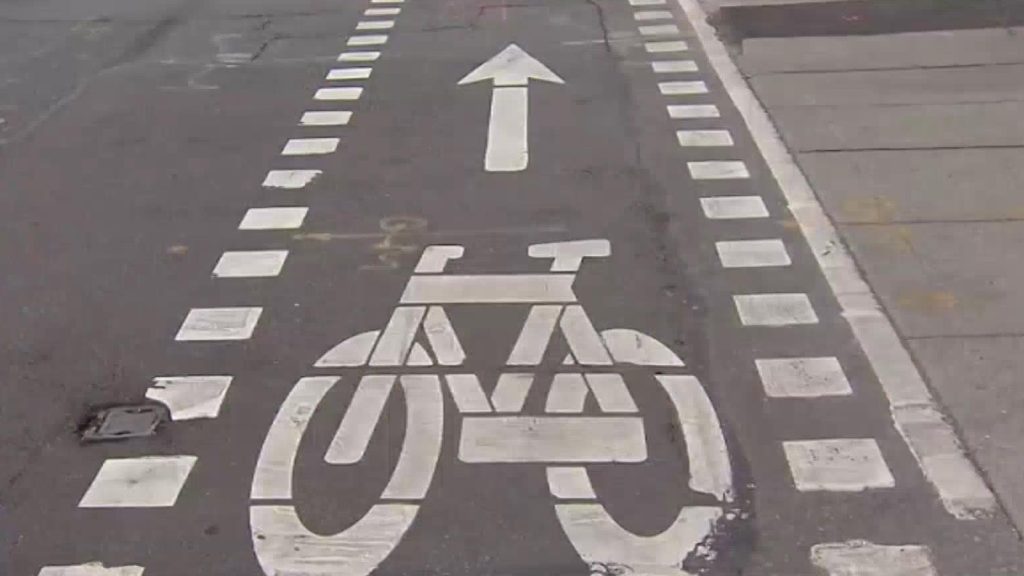Housing crisis brings high and low point to Chow’s first six months as mayor

Posted December 22, 2023 5:03 pm.
In the first six months of her time as mayor, Olivia Chow said the housing crisis has led to both her highest and lowest point since getting elected. She’s hoping there will be more highs in 2024.
Chow’s highlight was opening the building purchased through the Multi-Unit Residential Acquisition Fund.
“Seeing the joy of the tenants, feeling so proud of her space. Now she’s going to be secure in that space because it’s now our land trust, meaning that she will have complete control. She wouldn’t have to get evicted, which she was facing for several years,” explained Chow.
But her low point was visiting a church that had a wall of refugees sleeping on mattresses on the floor plus the fact they have not been able to help them completely.
“You deserve better, more respect, more dignity than just sleeping in a church basement on a mattress,” she said. “It’s sad. It’s disappointing. I’m not giving up, though. I keep at it. It’s just every time you go into a church, I see the anticipation of the refugees.”
Meeting with Prime Minister Justin Trudeau this week, Chow said she felt he understood the urgency and importance of investing and sheltering the refugees.
“All I can do is be the voice of those refugees and those very generous people that helped them out … and I will continue to speak up about why this is really important. And I think the Prime Minister heard it,” said Chow.
Chow also managed to secure funding from the province through what is being called the “New Deal,” the main points of which were the uploading of the Gardiner Expressway and the Don Valley Parkway in exchange for Toronto not getting in the way of Ontario Place development.
Chow faced criticism over Ontario Place, but she said they didn’t have much legal standing anyway.
“In terms of the Ontario Place, it’s not for me to give, to give away because I did not give any land, I did not give any zoning approval,” she explained.
“I love Ontario Place. Please don’t cut down the trees. I’ll continue to speak out, but it’s not up to me to lead the fight. It’s really up to the communities and people like Ontario Place for All to persuade the provincial government not to do what they are planning to do,” said Chow.
Chow’s next major task will be addressing the budget shortfall.
“It’s going to be challenging, but we’ll come together and make the best decision because I always believe that when councilors all come together and express themselves, which they’re going to be doing in January, we’ll get the best ideas out,” she said.
A presentation is planned for Jan. 10 and the budget will be coming out on Feb. 1. As for what people can expect, Chow said we need to invest in some of the basic services.
“So if we want more park benches, more library hours, less potholes, better snow clearance, you name it, right? All these services cost a bit of money. So we are really coming together with the money we’re paying into the central part here. The services we deliver to each other for each other and for all families.”
Chow said she does feel very humbled and honoured to be back at City Hall as a leader.
“[There are] some incredibly talented councilors, very experienced, very passionate, who worked very hard, and that we together can deliver a city that is more caring and more affordable and safer. And I like the feeling of it being united with a clear purpose.”








